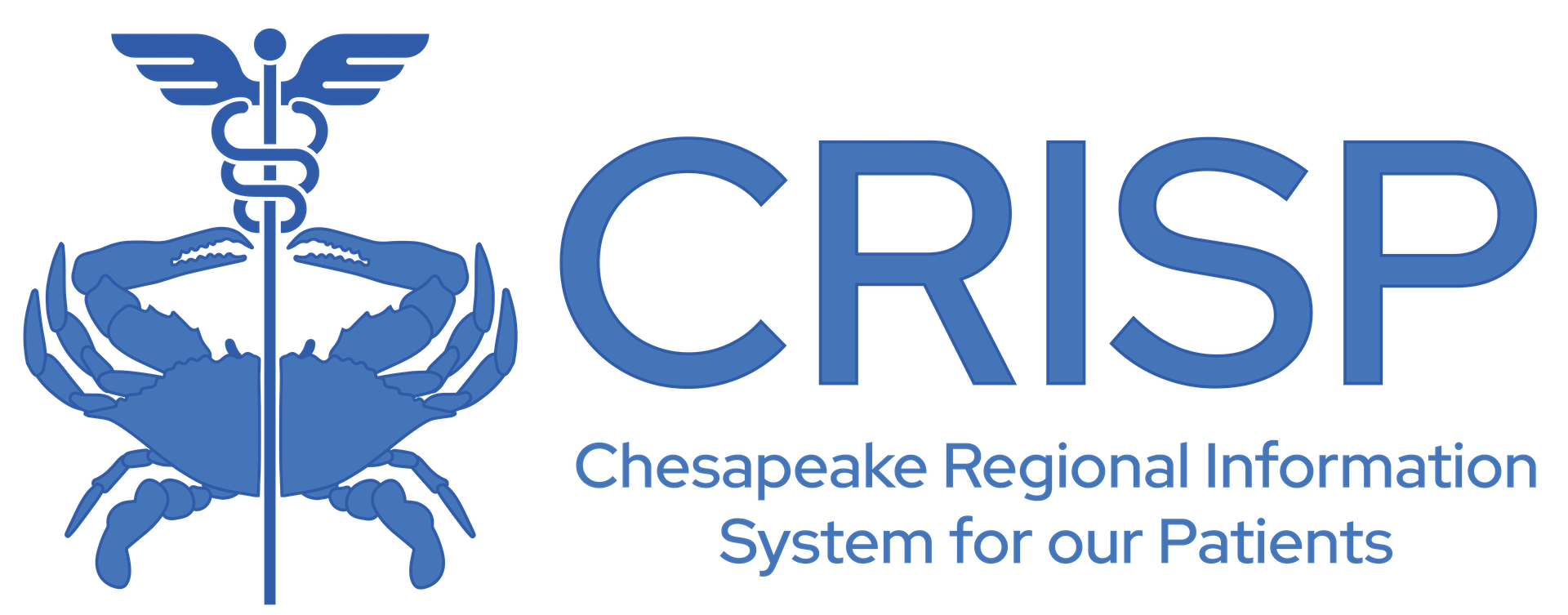Join Us for the CRISP User Summit – May 13th; Register today!
View Topics & Resources
Explore Topics
Other Resources
EQIP Practice Transformation Grant
EQIP and the associated PTG program represent innovative approaches to incentivizing value-based care and practice transformation among Medicare providers in Maryland. By aligning incentives with quality and cost outcomes and providing targeted support for improvement efforts, these initiatives aim to enhance patient care, reduce healthcare spending, and drive long-term system-wide transformation.
About EQIP PTG
To support participating entities in their transformation efforts, HSCRC has established the Practice Transformation Grant (PTG) Program. This initiative, slated to begin in January 2025, aims to enhance EQIP entity readiness and performance through targeted investments and resources. Key features of the PTG program include:
- Assessment of readiness levels and grant eligibility criteria.
- Provision of financial support for initiatives such as data analysis, EHR optimization, clinical documentation improvement, and care management.
- Routine coaching and oversight to facilitate ongoing improvement.
- Financial settlements at the conclusion of the grant period to assess the impact on performance.
Eligibility and Application Process
Entities that are eligible for the PTG program are those who have committed to upcoming performance years and that did not have realized shared savings in Program Year 1 through 3*.
The application process involves submission of proposals outlining specific transformation needs and objectives within the EQIP Entity Portal (EEP).
*PY3 performance data will not be available at the time of application*
PTG Support Options
The PTG program offers a menu of support options based on input from participating practices. The menu of items is listed in the various charts below:
| Data Analysis and EHR Optimization | |
|---|---|
| Analyze and Use Data from EEP | Utilize claims data and EHR data to discern patient episodes, outcomes and total cost of care that provides actionable items to improve quality |
| Data Analytics and Reporting | Leverage data analytics tools within your EHR system to gain insight on patient outcomes, care quality and operational efficiency |
| Standardized Templates | Optimize EHRs with templates that capture important documentation and quality measures to allow quality reports to be run effectively |
| Software Updates/Upgrades/Security | Work with vendor of the EHR system to identify and apply latest episodes and upgrades |
| Interoperability Enhancements | Explore options to integrate your legacy EHR system with other healthcare software applications, such as laboratory systems, billing systems, and patient portals in order to answer the question of how to improve EHR capabilities and work on improving EHR user experience |
| HCC Performance Improvement | |
|---|---|
| Clinical Documentation Improvement (CDI) | CDI Audits includes a credentialed and experienced CDI auditor reviews your documentation and coding to ensure that you are receiving accurate reimbursement |
| Care Management | |
|---|---|
| Care Reinforcement | Develop a plan of care that reinforces the provider’s plan of care that addresses physical, educational, and psychosocial needs for the patient and family |
| Practice Transformation/Performance Improvement | |
|---|---|
| Engaged and Committed Leadership | Visible and sustained leadership to change the practice culture by working collaboratively with staff to identify and remove barriers to transformation |
| Efficiency of Operations | Streamlining workflows and maximizing value across practice operations |
| Quality Improvement Strategy | Use of frameworks to guide planning, organizing, monitoring, and sustaining quality improvements |
| Team Based Relationships | Establish support for care delivery teams accountable for the patient population, including defining roles and distributing tasks among the staff appropriate to reflect the skills, abilities, and credentials of each team member |

